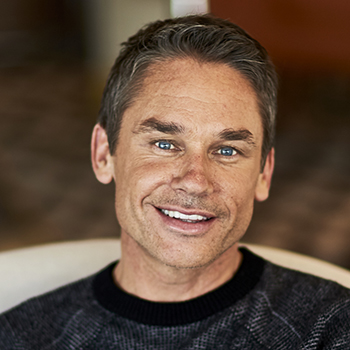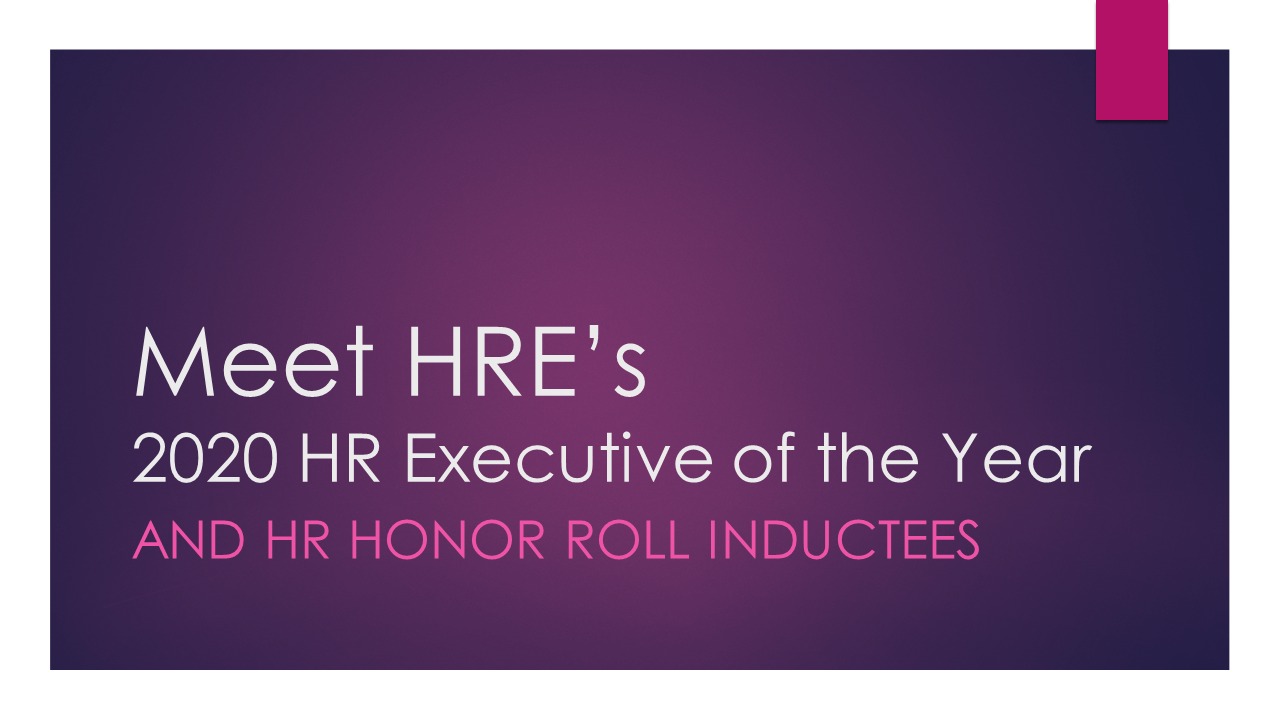Stress and burnout among the workforce have become serious concerns for most HR leaders, as the COVID-19 pandemic wages on. However, if employers are forward-thinking in how they treat and communicate with employees, today’s challenging times can actually lead to tomorrow’s success.
That’s according to author and business consultant Marcus Buckingham, who conducted a 25,000-person study across 25 countries this summer with ADP Research Institute that specifically examined levels of employee burnout and resilience in the face of the global health crisis.
“We are strip-mining our people at the moment,” he says, “but we need to learn how difficult times like this can actually be sources of energy for our people.”

Going into the study, Buckingham hypothesized that in countries that have responded most effectively to COVID-19, employees would report the highest rates of resilience–and that, conversely, employees in countries that have struggled to respond would likewise struggle with resilience. However, those assumptions didn’t pan out.
“We found no relationship between measured resilience and the number of COVID deaths and cases,” he says. What researchers actually found was that respondents who had the most intimate connection to the disease–they themselves, or a family member, friend or team member were diagnosed, for instance–were four times more likely as those who hadn’t been personally touched by COVID-19 to be highly resilient.
Buckingham will do a deep dive into his research on resilience at his keynote speech later this month at the free, virtual HR Technology Conference.
Researchers also polled respondents on changes in their workplaces–new social distancing requirements, policies around personal protective equipment, limited business travel and several other factors. Employees who reported five or more of those changes were 13 times more likely to be highly resilient.
[click_to_tweet tweet=”.@HRTechConf #KeynoteSpeaker @mwbuckingham cautions #HR #leaders not to underestimate the resilience of their people. Learn more” quote=”#HRTechConf” theme=”style3″]
Those two findings together suggest that HR leaders shouldn’t underestimate their talent. When people see the reality of the disease up close, as well at the reality of its impact on their workplace, they become stronger and more able to confront change, he says.
See also: 5 shifts to build workforce resilience
“Seeing that reality makes us feel more confident; we don’t have to imagine anything because we can see it for ourselves. So, HR shouldn’t sugarcoat anything,” he says. “Humans feel better when we’re told the truth so tell it as you know it and tell us what you expect of us to be able to withstand and move on and move through. So that’s becoming a really important role for HR to play–to be the voice of caring reality.”
The reality of the pandemic has hit home for Buckingham, whose son is among those who have survived the disease. “Breathe in, breathe out” is a mantra that he says helped him stay focused throughout that ordeal–and it’s one that can also counter the many disruptions most employees are facing.
“Every single day has felt super intense to me so what I’ve tried to say to myself and to my team is that the only great thing about this pandemic is that it’s forcing us to think about today and then move on from today into the next day and the next and the next,” he says. “And what we give of ourselves on this day will enable us to be able to give of ourselves on the next day and the next.”
That means employers, led by HR, need to double down on their mission. When employees derive value from their daily contributions, Buckingham says, that can help sustain them moving forward.
“When you feel you’re doing something today that’s important, it does give you energy to do it again tomorrow,” he says. “When you’re just going through the motions of today, that’s when you wake up tomorrow and just say you can’t do it. If you can stay tightly focused on the mission of what you’re doing, that will fill you up today and enable you to move more healthfully tomorrow.”



